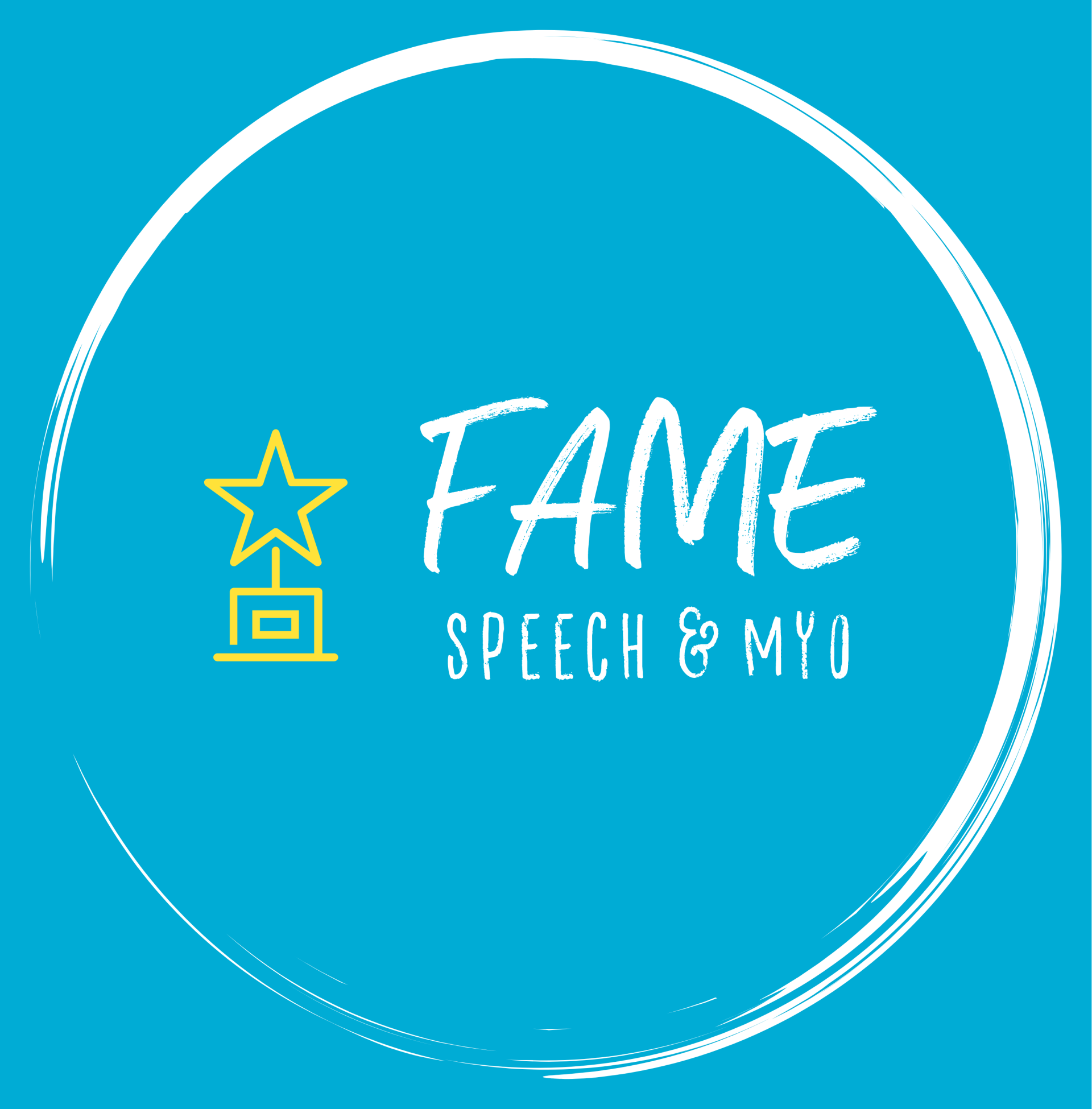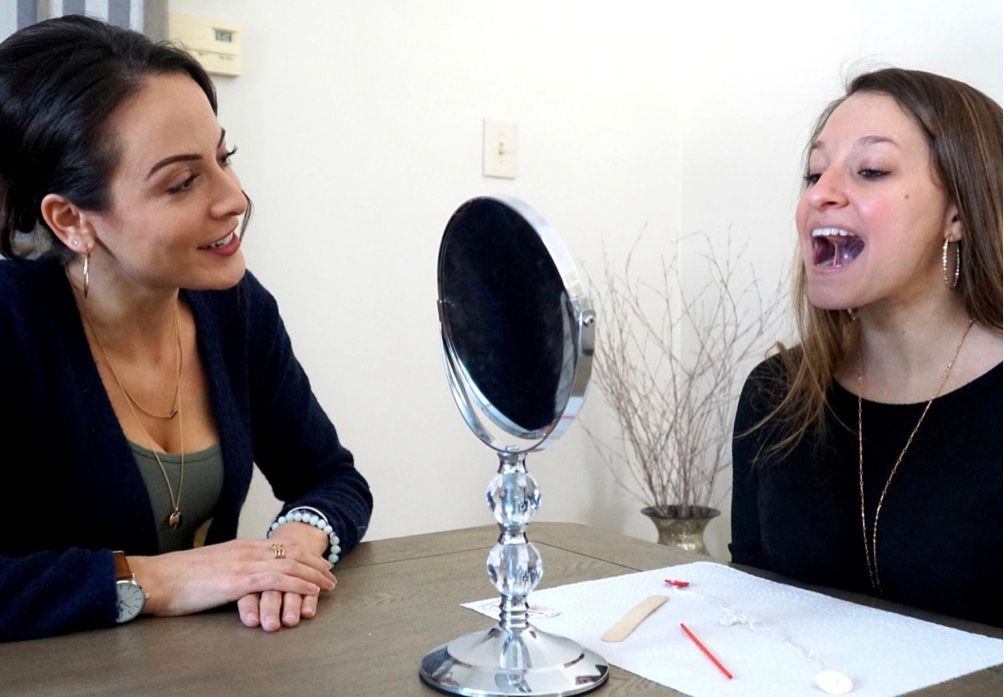School SLP vs. Private SLP: Understanding the Differences
There are many differences between school-based SLPs and private SLPs.
Speech therapy is a valuable resource for individuals of all ages who struggle with communication and speech disorders. While many people are aware of school speech therapists who work with students in educational settings, private speech therapists also play a crucial role in providing therapy services. In this blog post, we'll explore the key differences between school speech therapists and private speech therapists to help you make informed decisions about the best approach for your or your child's speech therapy needs.
School Speech Therapists
- Setting:
School speech therapists work within the educational system and are typically employed by school districts. They primarily serve students with speech and language disorders who require support to access the curriculum and participate in classroom activities. These therapists can work in various educational settings, including public and private schools, as well as special education programs.
- Caseload:
School speech therapists often have a large caseload, working with multiple students throughout the school day. The number of students they serve can vary, depending on the size of the school and the severity of the students' needs. This can limit the amount of one-on-one time a student receives.
- Focus:
Their primary focus is to help students overcome communication barriers that may affect their academic performance. They collaborate with teachers and other school professionals to support the students' educational goals, such as improving reading and writing skills, understanding and expressing classroom content, and participating in social interactions.
- Eligibility:
To receive services from a school speech therapist, a student typically needs to qualify for special education under the Individuals with Disabilities Education Act (IDEA). Eligibility is determined through assessments and evaluations that show a significant impact on a student's educational performance. If it is not affecting them educationally, they will usually NOT qualify for services.
Private Speech Therapists
- Setting:
Private speech therapists are independent practitioners or work for private clinics or healthcare facilities. They serve a diverse range of clients, including children, adolescents, and adults, who require speech therapy for various reasons, such as developmental delays, articulation issues, stuttering, voice disorders, orofacial myology, and more.
- Caseload:
Private speech therapists tend to have a smaller caseload compared to their school counterparts. This means they can provide more individualized attention and tailor therapy sessions to each client's specific needs and goals. Private SLPs are able to spend more time with the family/caregivers to best support the plan of care.
- Focus:
Private speech therapists work with clients on a broader range of challenges, from addressing everyday communication needs to improving social interactions and self-confidence. They are not limited to educational goals and can customize therapy to suit each client's unique objectives.
- Eligibility:
Clients do not need to qualify for special education to receive services from private speech therapists. These therapists are available to anyone seeking to improve their communication skills, whether it's for personal or professional reasons.
School speech therapists and private speech therapists play distinct but complementary roles in the field of speech therapy. The choice between them depends on individual circumstances and goals. School speech therapists primarily serve students within an educational context, focusing on academic performance, while private speech therapists offer more personalized attention for a wider range of clients and communication challenges. The key is to select the best option that aligns with your or your child's specific needs and objectives, with the ultimate goal of improving communication skills and enhancing overall quality of life.
If you are unsure of which is best for your child, contact an SLP to discuss your primary concerns to see which best suits you.
Contact Us
Contact Us




